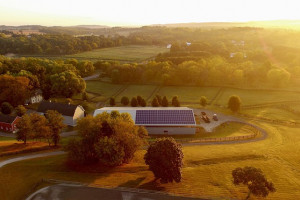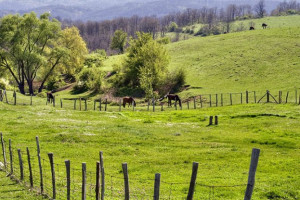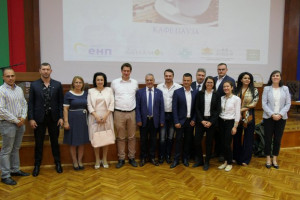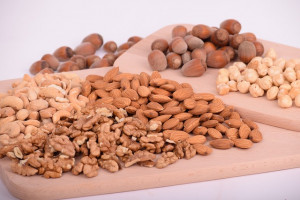Knowledge and innovation: unlocking the potential of food and farming
Today Commissioner Phil Hogan welcomed the fourth Agricultural Knowledge and Innovation Systems (AKIS) report, putting together the work done for the past three years in this area. During this mandate, a key priority was to further integrate knowledge and innovation in agriculture across the EU.









